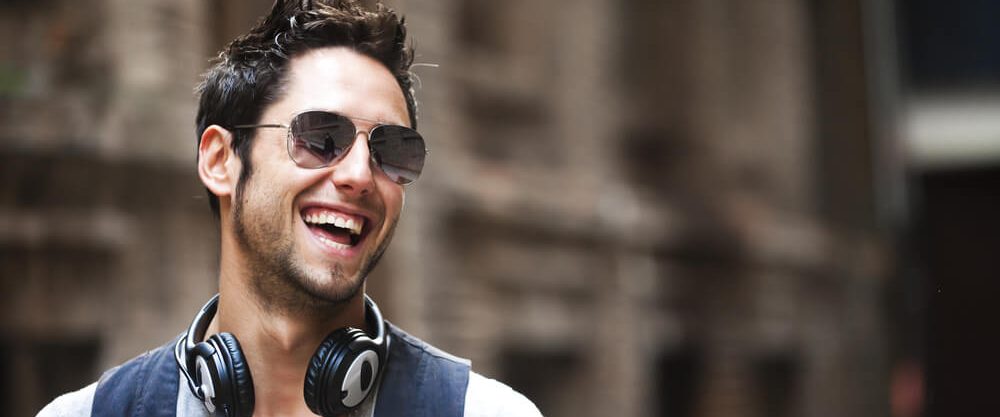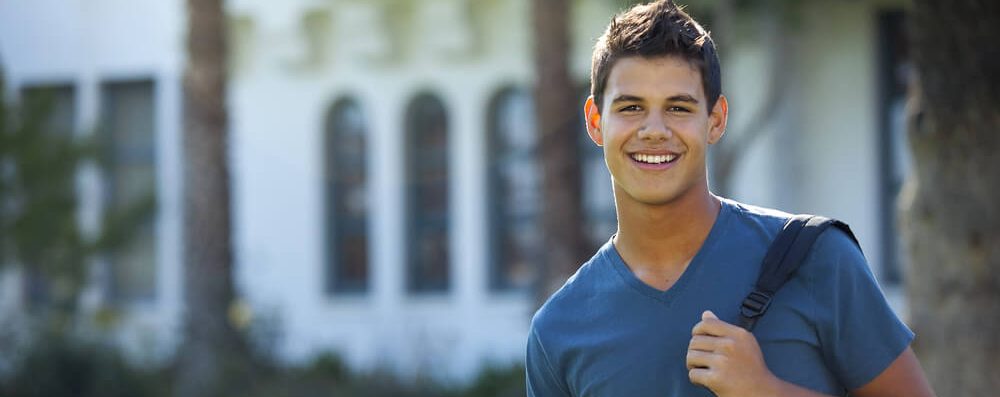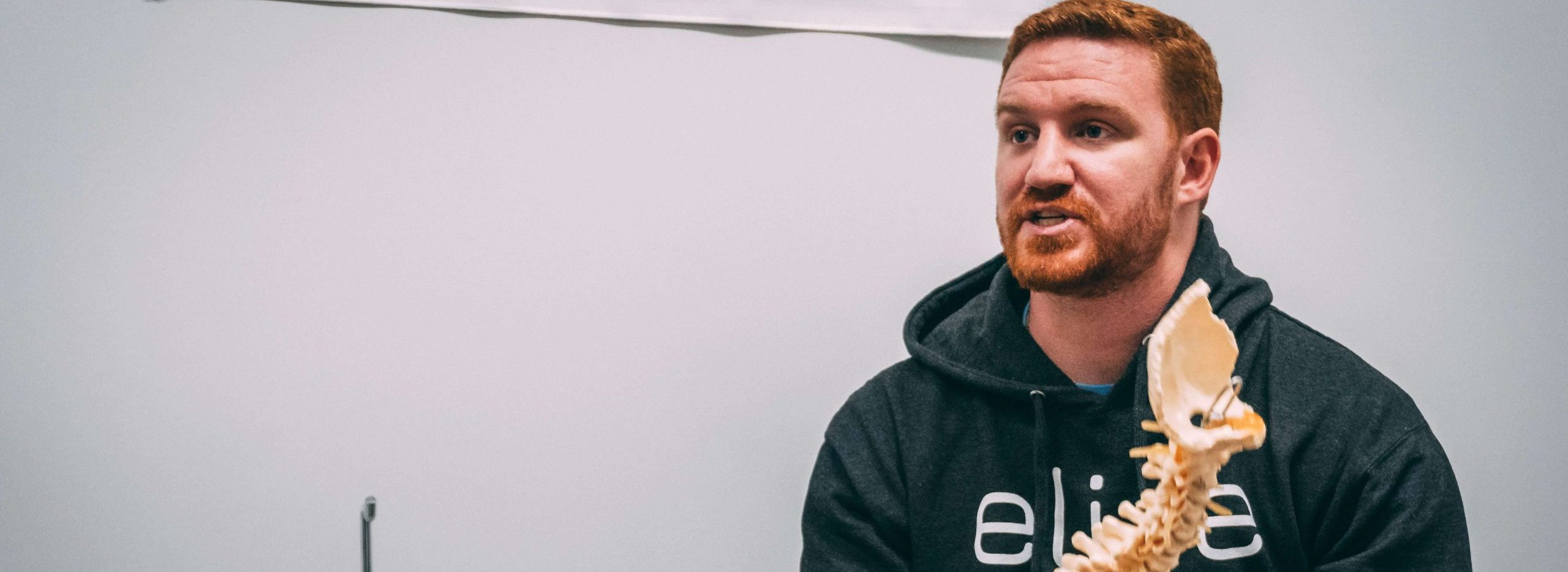Student-centric advice and objective recommendations
Higher education has never been more confusing or expensive. Our goal is to help you navigate the very big decisions related to higher ed with objective information and expert advice. Each piece of content on the site is original, based on extensive research, and reviewed by multiple editors, including a subject matter expert. This ensures that all of our content is up-to-date, useful, accurate, and thorough.
Our reviews and recommendations are based on extensive research, testing, and feedback. We may receive commission from links on our website, but that doesn’t affect our editors’ opinions. Our marketing partners don’t review, approve or endorse our editorial content. It’s accurate to the best of our knowledge when posted. You can find a complete list of our partners here.
How to Write the Perfect Interview Thank You (with Examples!)

 By
Lisa Freedland
By
Lisa Freedland 
Lisa Freedland is a Scholarships360 writer with personal experience in psychological research and content writing. She has written content for an online fact-checking organization and has conducted research at the University of Southern California as well as the University of California, Irvine. Lisa graduated from the University of Southern California in Fall 2021 with a degree in Psychology.
Full BioLearn about our editorial policies

Cece Gilmore is a Content Writer at Scholarships360. Cece earned her undergraduate degree in Journalism and Mass Communications from Arizona State University. While at ASU, she was the education editor as well as a published staff reporter at Downtown Devil. Cece was also the co-host of her own radio show on Blaze Radio ASU.
Full BioLearn about our editorial policies

Bill Jack has over a decade of experience in college admissions and financial aid. Since 2008, he has worked at Colby College, Wesleyan University, University of Maine at Farmington, and Bates College.
Full BioLearn about our editorial policies

Maria Geiger is Director of Content at Scholarships360. She is a former online educational technology instructor and adjunct writing instructor. In addition to education reform, Maria’s interests include viewpoint diversity, blended/flipped learning, digital communication, and integrating media/web tools into the curriculum to better facilitate student engagement. Maria earned both a B.A. and an M.A. in English Literature from Monmouth University, an M. Ed. in Education from Monmouth University, and a Virtual Online Teaching Certificate (VOLT) from the University of Pennsylvania.
Full BioLearn about our editorial policies

Had an interview that went well? That’s great, but you’re not quite done yet. Following an interview, it’s of utmost importance to send a thank-you email or letter to those who interviewed you. These not only show that you truly want the position, but also indicate that you’re organized and diligent. Both are qualities that employers look for in new hires. To learn how to write that perfect interview thank-you, keep on reading!
Related: Scholarships360’s free scholarship search tool
Why should you write a thank-you letter after an interview?
Not only are thank-you letters a show of an applicant’s interest in the position, good manners, and organization, but some employers even expect them. Ultimately, they are another chance to influence your employer’s decision before they actually make one, and they typically work in your favor.
In fact, approximately 68% of U.S. hiring professionals found thank-you emails to take on a greater importance when evaluating a candidate. Considering that most candidates tend to not send them out after interviews, sending a thank you will make you stand out from the crowd!
Although handwritten letters are certainly more personal, they take much longer to write and send out than emails. Thus, by the time your letter finally reaches your interviewers, they may have already decided on a hiring candidate. So, even if you’re planning on sending a handwritten letter, we highly recommend also sending a thank-you email within 24 hours of your interview. This will reach your interviewers far quicker, and they will likely still appreciate the gesture.
Also see: Highest paying careers
Apply to these scholarships due soon
See all easy scholarshipsHow to write an interview thank-you letter
Writing the perfect post-interview thank-you letter (or email) is all about knowing the steps (or, generally, what to include in it). What are these steps, and what should be included in the email?
Take a look at our outlined steps below to find out how to write the best possible interview thank-you letter and secure your new position.
1. Write a clear subject line
The first thing that employers (or anyone) see before opening an email is the sender and, more importantly, the subject line. Thus, it’s best to choose a subject line that clearly conveys your message. If you want to go with something a little more formal, consider something like:
- “Thank you for your time”
- “Thanks for the interview yesterday” (or today, depending on when it was)
- “I enjoyed learning more about [Company name]”
Alternatively, if you want to go with something a little more casual, feel free to choose one of these options:
- “Thank you, [Interviewer’s Name]!”
- “Great meeting you [yesterday/today]!”
- “Thank you!”
And that’s it for the subject line! What’s next?
2. Start with a greeting
Once you’ve gotten your subject line down, it’s time to get into the actual content of the email. Wondering about the best way to do that? Start off with a personal greeting!
There are a few common ways of doing this, including “Hello [Interviewer Name]” or “Dear [Interviewer Name].” When greeting your interviewers, remember to address them with the name they provided to you, which is typically either their first name or title.
If you were interviewed by more than one person, it’s best to send thank-you notes to each of them (each with their own, unique personal greetings).
3. Show that you’re appreciative
After your greeting, it’s always best to start with an expression of gratitude. Thank your interviewer(s) for taking the time to meet with you, and for considering you for the position. Remember to be genuine and include the specific job title, as employers or hiring managers may be assessing applicants for multiple positions at once.
And, if you have anything else you want to thank your interviewer(s) for, you can do that here too.
4. Re-emphasize your interest in the position
While it’s important for your employer to know that you’re qualified and ready for the position, they also want candidates who are eager and enthusiastic about joining the company. So, when writing your thank-you email (or letter), be sure to re-emphasize your interest in the position.
Alternatively, if the interview helped you realize that you’re actually not as interested in the position as you thought you would be, make sure to state that in your email instead! This will help employers narrow down candidates, and your honesty will certainly be appreciated.
5. Mention something specific you discussed in the interview
Thank-you emails are written for many reasons. Most of all, though, they are written to stand out from other applicants. So, how can you make sure your email does just that?
Well, one way is by personalizing your thank-you email. This can, and ideally should, extend beyond the greeting. To make your email as individualized as possible, mention something specific that was discussed in the interview. This may be something that was particularly interesting to you about the position or the company itself, but be sure to explain why it stood out to you. If possible, elaborate on how your skills and experiences can help the employer reach company goals (especially if they’re relevant to what you just mentioned!).
6. Let them know that they can contact you for further information
Close off your thank-you letter by prompting your interviewer(s) to take the next step and let them know that they can contact you for further information (or a reference, another interview, etc.). Something along these lines will do the trick:
“Please feel free to contact me should you need any additional information that could assist with the decision-making process.”
7. Sign-off, professionally
Finish off your thank-you email by once again thanking your interviewers. Then, sign off with a “Sincerely,” (or “Best,” “Warmly,” “Thank you for your time,” etc.) followed by your full name.
Be sure to list your basic contact details (i.e. email address and phone number) below your name, to make it easier for the hiring team to contact you if any further information is needed.
And with that, you’re done! Let’s take a look at what such emails should look like when each step is completed.
Related: 15 scholarship interview questions (and how you should answer them)
Sample thank-you email examples
Thank-you emails typically come in one of three forms: short and sweet, formal, and informal. Whichever you decide to do is up to you, but choose wisely! To help you figure out which type may be best for your circumstances, take a look at our examples down below.
Remember: Do NOT simply copy and paste these into your email! The more individualized your thank-you email is, the better. In addition, you don’t want your potential employer to think that you are prone to plagiarism. Without further ado, let’s get into the examples!
1. Short and sweet thank-you email
Subject Line: Thank you [Interviewer’s Name]!
Hello [Interviewer’s Name],
Thank you so much for taking the time to meet with me to discuss the [position name] position today. It was a pleasure to learn more about the position and about working with the consulting team.
Our discussion made me even more excited to join [Company name]. I was particularly interested in [something you discussed during the interview]. Considering this, I think that my [relevant skills and experiences] would make me an excellent candidate for this role.
I look forward to discussing this position with you more in the future. Please don’t hesitate to reach out if you need any additional information.
Thanks again for your time!
Best,
[Your name]
[Your email address]
[Your phone number]
2. A more formal thank-you email
Subject Line: Thank you for meeting with me
Dear Mr./Ms. [Interviewer’s Last Name],
I just wanted to take a moment to thank you for taking the time to meet with me to discuss the [position name] position with [Company name] earlier today. It was incredibly meaningful to have such a conversation with someone who took the same path as I did and who holds the same business beliefs that [mention something specific you discussed].
Our conversation convinced me that this position would be a perfect fit for me, considering my [relevant skills and experiences]. The [mention something you discussed] that was mentioned is very similar to work I excelled at my previous company. Thus, I deeply believe that I could make a valuable contribution in this position, if given the opportunity.
I look forward to discussing this opportunity with you more. Please don’t hesitate to contact me should you need any further information.
Thank you,
[Your name]
[Your email address]
[Your phone number]
3. An informal thank-you email
Subject Line: Thank you for the opportunity!
Hi [Interviewer’s Name],
I really enjoyed talking with you yesterday and learning more about the [position name] position at [Company name]. Our conversation about the [position name] was inspiring and made me even more excited to join the team and help [increase profits/attract new customers/anything else you’d be doing].
The [mention something discussed in the interview] you mentioned was very similar to work I did at my previous role. Thus, I think this position would be a perfect fit for me, considering my [relevant skills and experience].
Please don’t hesitate to contact me should you need any further information. Thanks so much again!
Best,
[Your name]
[Your email address]
[Your phone number]
Additional resources
We offer plenty of resources for students who seek advice on how to get internships and also how to turn an internship into a job after you have one. Read our step-by-step networking guide so that you make the most of your college connections. Maybe you recently earned your degree and need some tips on how to find a job after graduation? We can help with that as well! Thinking of going to grad school for a master’s degree? Weigh out the pros and cons first, and if you do attend, make sure that you apply for all the graduate scholarships you qualify for! We wish you the best of luck on your journey!












